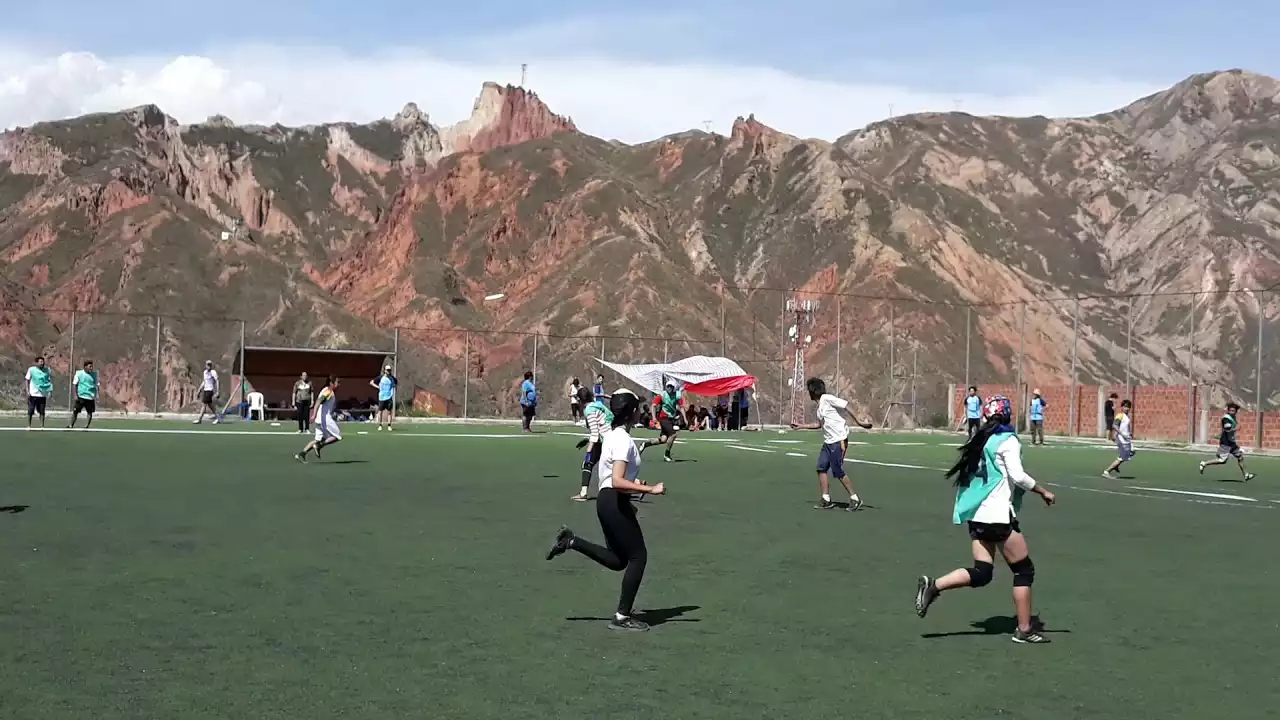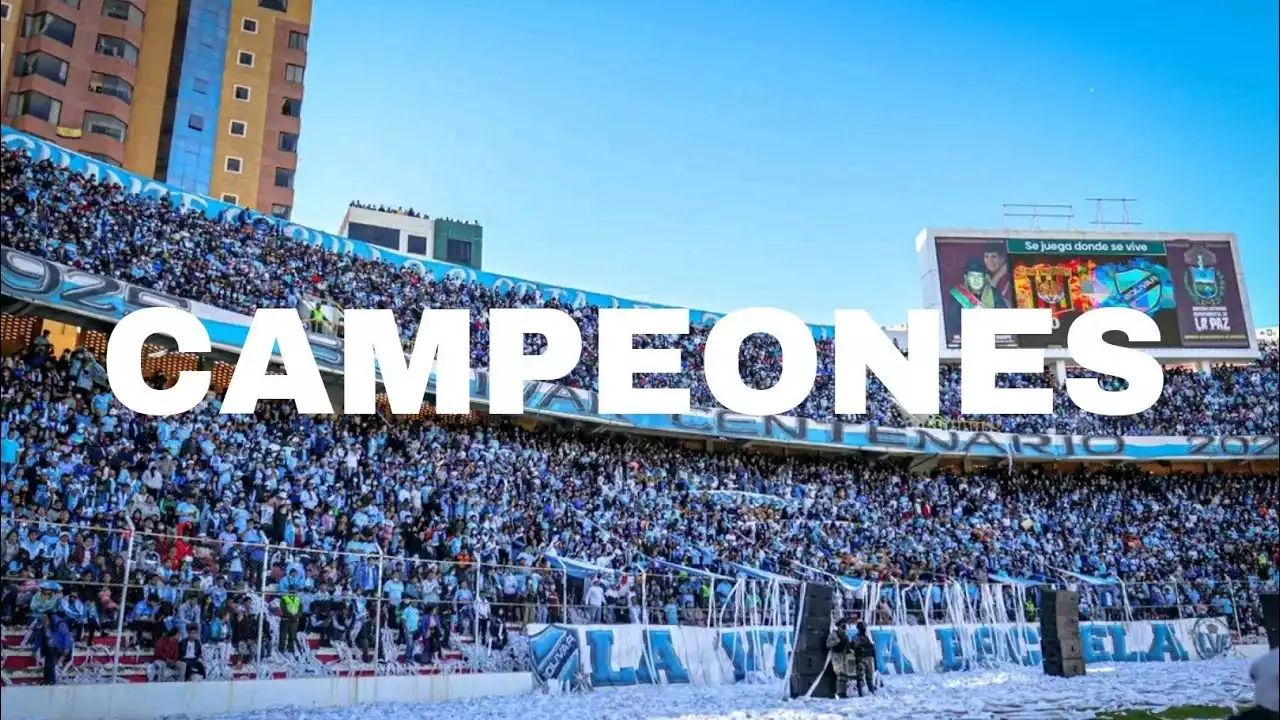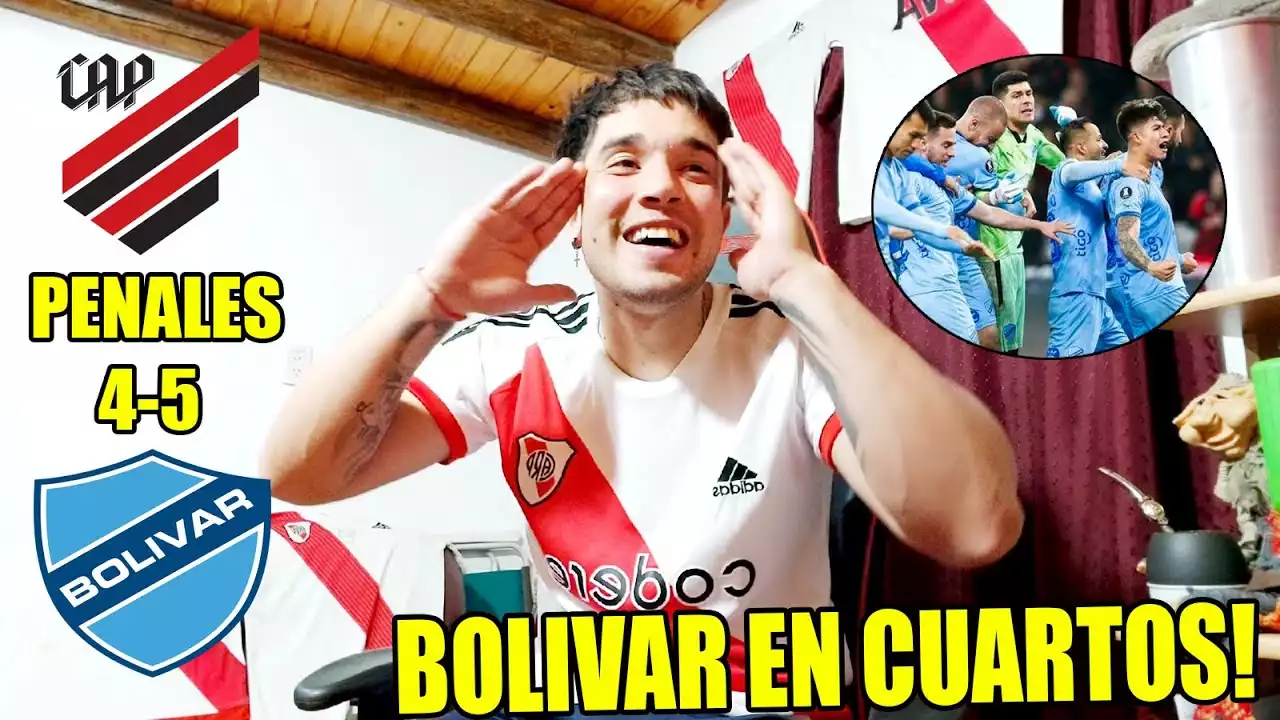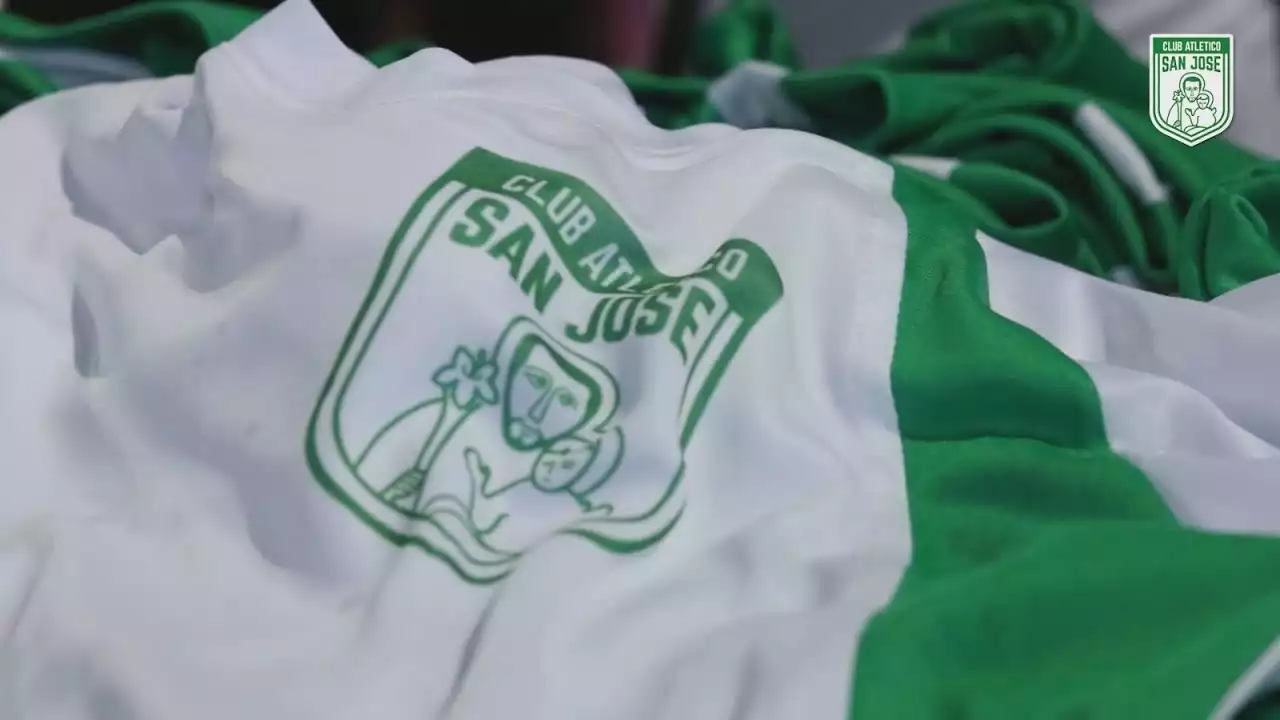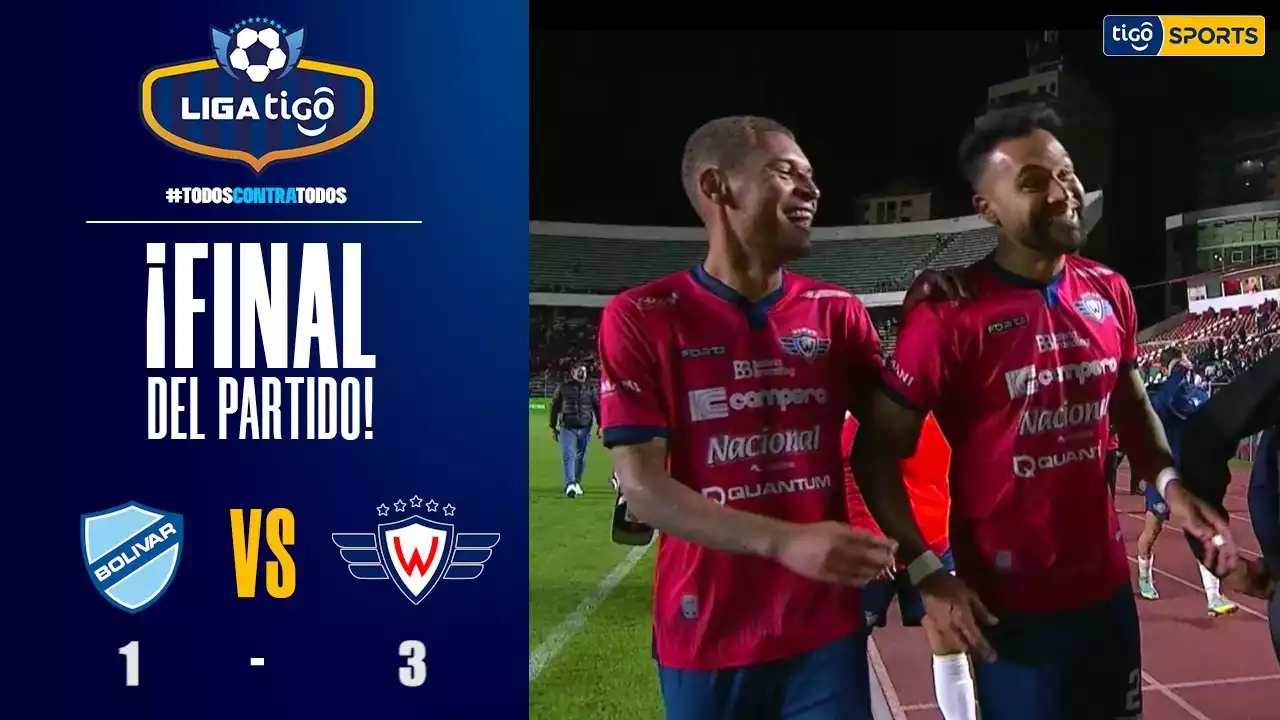Historical background of Bolivian club football
Bolivian club football has a rich and storied history that dates back to the late 19th century. The sport was introduced to Bolivia by British railway workers, and it quickly gained popularity among the local population. The first organized football club, The Strongest, was founded in 1908 and paved the way for the growth of club football in the country.
Over the years, Bolivian club football has faced its fair share of challenges. Political instability, economic struggles, and infrastructure limitations have all posed obstacles to the development of the sport. However, despite these challenges, Bolivian club football has persevered and produced some truly unforgettable moments that have etched themselves into the annals of the sport.
One such unforgettable moment took place when Club Bolívar, one of the most successful teams in Bolivian history, claimed their first-ever Copa Libertadores title in 1964. It was a stunning achievement that propelled Bolivian football into the international spotlight and cemented Club Bolívar's status as a force to be reckoned with.
The impact of the 1964 Copa Libertadores victory
Club Bolívar's victory in the 1964 Copa Libertadores was a watershed moment for Bolivian club football. The tournament, which is South America's premier club football competition, had traditionally been dominated by clubs from Argentina, Brazil, and Uruguay. Bolivian teams had struggled to make an impact on the competition, but that all changed in 1964.
Led by legendary coach Mario Mercado Vaca Guzmán, Club Bolívar embarked on a remarkable journey that would see them conquer some of South America's biggest clubs. They defeated the likes of San Lorenzo, River Plate, and Peñarol en route to the final, where they faced Argentine giants Independiente.
The final was a closely contested affair, with Club Bolívar emerging as the victors after a 4-2 aggregate scoreline. The victory sent shockwaves through South American football and put Bolivian club football on the map. It also paved the way for future successes for Bolivian clubs in international competitions.
The tragedy of the 1969 Maracanazo
While the victory in the 1964 Copa Libertadores brought joy and celebration to Bolivian football, the events of the 1969 Maracanazo brought tragedy and heartbreak. The Maracanazo is a term used to describe the defeat of a heavily favored team in the Maracanã Stadium, and it has become synonymous with the 1950 FIFA World Cup final between Brazil and Uruguay.
In 1969, Club Bolívar found themselves in a similar situation when they faced Brazilian giants Santos in the Copa Libertadores final. Santos, led by the legendary Pelé, were overwhelming favorites to win the title. However, Club Bolívar put up a valiant fight and managed to secure a 1-1 draw in the first leg.
The second leg took place at the Maracanã Stadium in Rio de Janeiro, Brazil. Club Bolívar took an early lead, but Santos staged a comeback and eventually won the match 2-1. The defeat was a devastating blow for Bolivian football and remains one of the most heartbreaking moments in the history of the sport in the country.
The dominance of Club The Strongest in the 1980s
During the 1980s, Club The Strongest established themselves as the dominant force in Bolivian club football. The club, which was founded in 1908, had enjoyed success in the early years of Bolivian football but had struggled to maintain consistency in the following decades.
However, in the 1980s, Club The Strongest experienced a resurgence that saw them win multiple Primera División titles. Led by the likes of Víctor Agustín Ugarte, the club's all-time leading scorer, and other talented players, Club The Strongest became a force to be reckoned with in Bolivian football.
Their dominance was characterized by their attacking prowess and their ability to consistently perform at a high level. Club The Strongest's success in the 1980s cemented their status as one of the most successful clubs in Bolivian football history and laid the foundation for their continued success in the years to come.
The emergence of Club San Jose as a force to be reckoned with
In recent years, Club San Jose has emerged as a force to be reckoned with in Bolivian club football. The club, based in the city of Oruro, has a rich and storied history that dates back to 1942. However, it was in the early 2000s that Club San Jose experienced a period of sustained success that put them on the map.
Led by the charismatic coach Marcos Ferrufino, Club San Jose won multiple Primera División titles and established themselves as one of the top clubs in Bolivia. Their success was built on a strong team ethos and a commitment to attacking football. Club San Jose's rise to prominence has captivated the hearts of football fans in Bolivia and has added another chapter to the rich history of Bolivian club football.
The 2009 Copa Sudamericana triumph of Club Blooming
In 2009, Club Blooming achieved a historic milestone by winning the Copa Sudamericana, South America's second-most prestigious club football competition. It was a remarkable achievement for the club, which had never before reached the final stages of an international competition.
Led by coach Gustavo Quinteros, Club Blooming defied the odds and defeated some of South America's biggest clubs on their way to the final. They faced Argentine side Estudiantes in the final, and after a hard-fought battle, emerged as the victors.
The victory was a source of great pride for Club Blooming and Bolivian football as a whole. It showed that Bolivian clubs could compete at the highest level and achieve success on the international stage. The 2009 Copa Sudamericana triumph remains one of the most unforgettable moments in Bolivian club football history.
The recent success of Club Jorge Wilstermann in international competitions
In recent years, Club Jorge Wilstermann has enjoyed a period of success in international competitions. The club, based in the city of Cochabamba, has established itself as a force to be reckoned with in Bolivian football and has made its mark on the international stage.
Under the guidance of coach Roberto Mosquera, Club Jorge Wilstermann reached the quarterfinals of the 2017 Copa Libertadores, a remarkable achievement for a Bolivian club. They defeated Brazilian giants Atlético Mineiro in the round of 16, sending shockwaves through South American football.
Club Jorge Wilstermann's success in the Copa Libertadores showcased the potential of Bolivian club football and provided inspiration for other clubs in the country. It served as a reminder that with the right preparation, determination, and belief, Bolivian clubs can compete with the best in South America.
The enduring legacy of these unforgettable moments in Bolivian club football
The rich history of Bolivian club football is filled with unforgettable moments that have shaped the sport in this nation. From Club Bolívar's historic Copa Libertadores victory in 1964 to the recent success of Club Jorge Wilstermann in international competitions, these moments have captivated the hearts of football fans and cemented the legacy of Bolivian club football.
Despite the challenges and obstacles that Bolivian club football has faced over the years, these unforgettable moments serve as a reminder of the passion, resilience, and talent that exists within the sport in Bolivia. They inspire future generations of footballers and fans and ensure that the legacy of Bolivian club football will continue to thrive for years to come.
Bolivian club football may not always make headlines on the global stage, but its unique stories and unforgettable moments have left an indelible mark on the sport. They have showcased the talent and determination of Bolivian clubs and players and have added to the rich tapestry of football history in this passionate nation.
